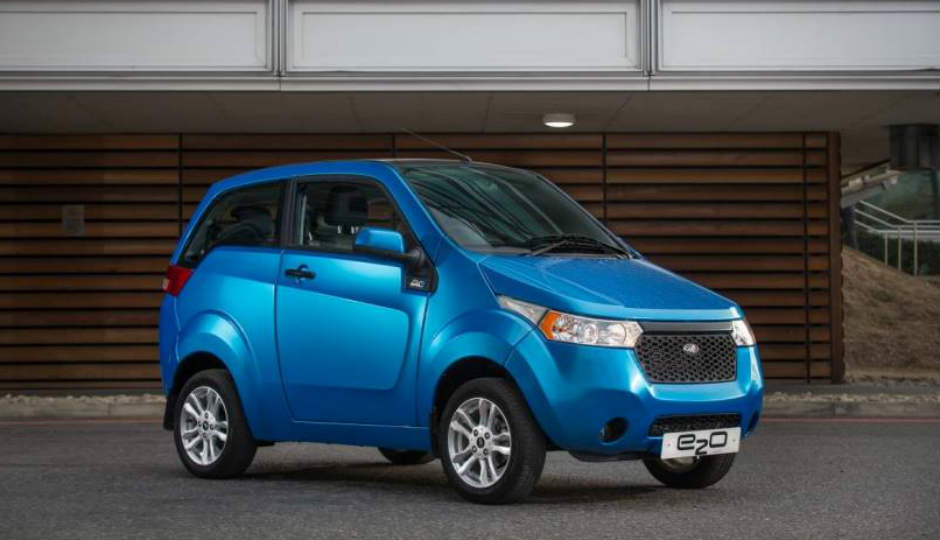Automobile sector is going through big churn in India and the world. From the the ride sharing revolution through Ola and Uber, exponential rise of electric vehicles since the entry of Tesla, push for autonomous vehicles by Google and Apple, Indian government’s decision to boost ethanol blending in petroleum for benefit of farmers and reduction in oil import bill, automobile sector has underwent a positive transformation. Exponential rise in demand for automobiles in rural India, governments push for public transport and increased expenditure on infrastructure, all these are going on simultaneously and are influencing each other. The churn in transport and automobile sector is expected to change the face of commuting in upcoming years.
The Global Mobility Summit, organized by NITI Aayog, the government think tank is expected to come up with many big ideas and announcements in electrification and alternative fuels, reinventing public transport, goods transport and logistics and data analytics and mobility. The two day summit (September, 7-8) will be inaugurated by PM Modi and attended by Union ministers including Arun Jaitley, Nitin Gadkari, Piyush Goyal and Ravi Shankar Prasad and industry leaders like Mahindra Electric, Hero Cycles, Tata Motors, Tata Power, Ola, Maruti Suzuki, Honda, Toyota, Bosch and Sun Mobility. Almost 2,200 people from government, industry, research organisations, academia, think tanks and civil society from across the world will participate in the event.
Prior to the event, many big announcements came from corporate leaders and ministries on September 6 at the 58th annual convention of Society of Indian Automobile Manufacturers (SIAM) and ACMA (Automotive Component Manufacturers Association of India). The government wants the share of Electric Vehicles (EVs) to go up to 15 percent in next five years from current share of 1 percent. For this, government will exempt electric vehicles and CNG-powered vehicles from road permits, CNG stations will be opened in 300 districts and many other non-fiscal incentives will be provided. Union minister for road transport, highways and shipping, Nitin Gadkari said “Electric vehicles attract 12% GST and no further subsidies are needed and we don’t have any intention of subsidizing personal vehicles. The non-fiscal incentives that we will announce will increase sales of electric vehicles to 15% of total sales. There is no need for automobile companies to ask for incentives any more. They should rather develop a pool of drivers to enhance skill development.”
Maruti Suzuki has recently announced that it will develop ethanol-powered cars to take care of India’s oil imports and environmental degradation. Suzuki is the largest carmaker in India and it has given huge push to electric vehicles in recent years to maintain its leadership in automotive industry. The government also announced 1,000 crore subsidy for Electric Vehicles charging infrastructure in India. To push Make in India and substitute imported goods with domestically manufactured ones, government is framing policy to provide subsidies to domestic manufactures. Electric Vehicles will be major part of this import substitution policy. “The centre is formulating a policy to substitute imported goods with domestic products, of which electric vehicles will form a major part.” said Gadkari at the annual session of an event organized by ACMA.
The overall performance of automobile sector has been satisfactory under this government. The reason behind initial lag up was the slowdown in global economy which affected exports heavily, which constitute significant proportion of commercial vehicle sales. The domestic market showed positive response in first two years of Modi government but later slowed down due to twin shocks of demonetization and GST. The best performance by the automobile sector under the Modi government was in last fiscal year when the domestic sales as well as exports increased exponentially. This was due to pickup in the global economy and domestic economy coming out of shocks of demonetization and GST. Seeing the rapid growth in the sector last year and positive forecast of economic growth in the upcoming years, the automobile industry is expected to grow with accelerated pace in the next few years.
